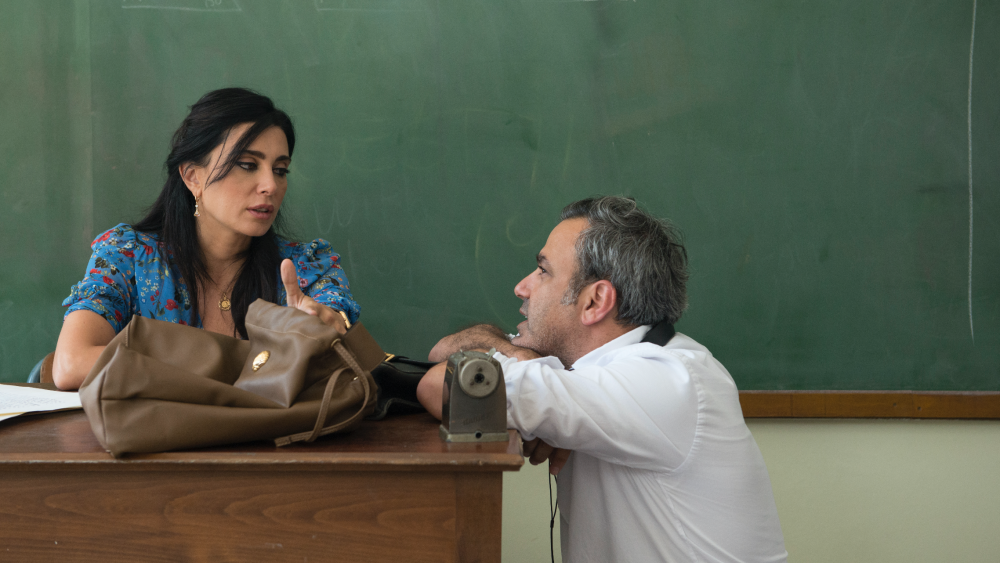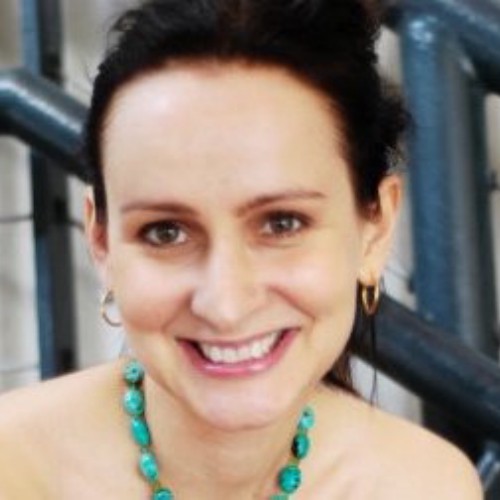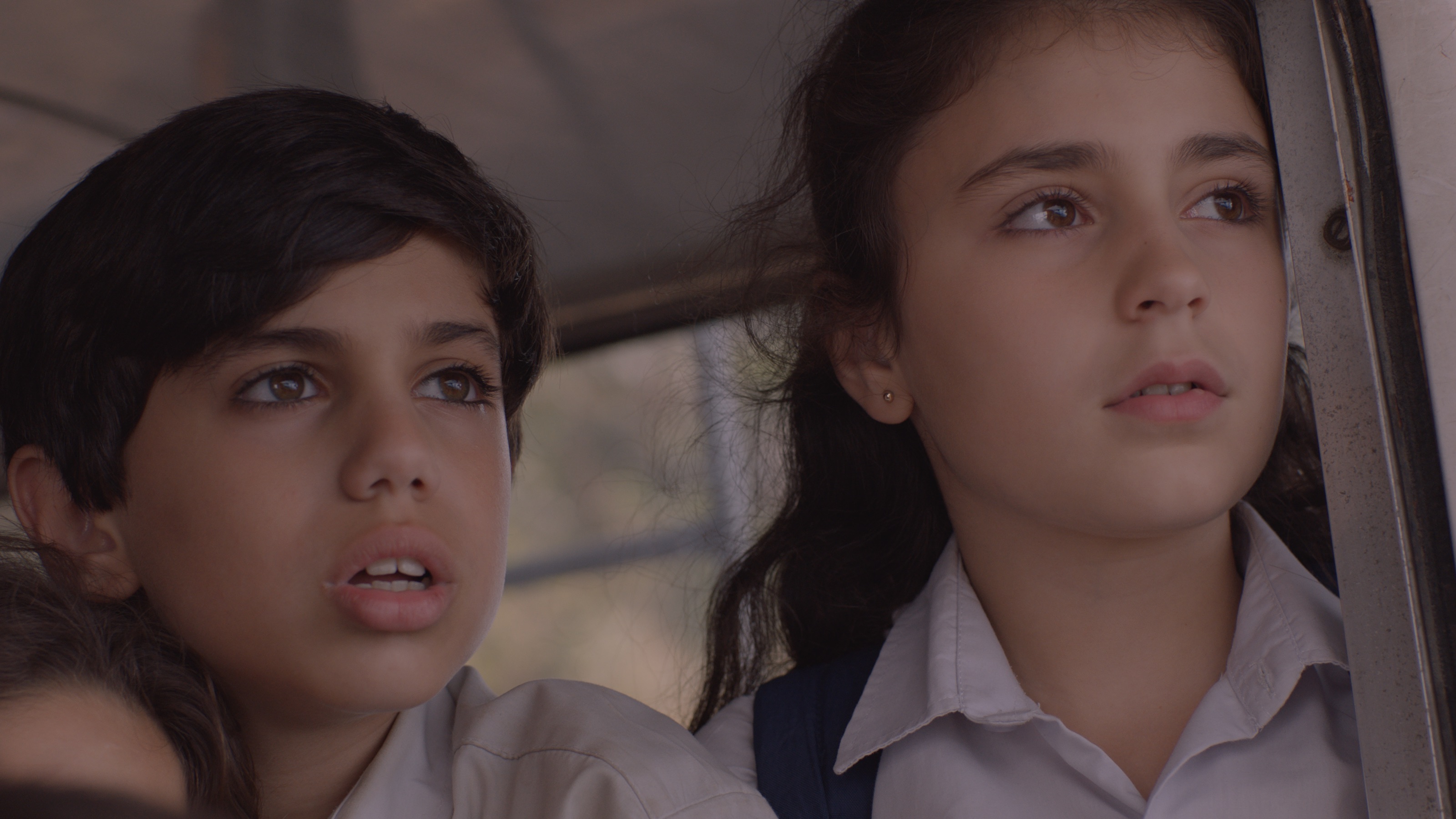I’d long longed to watch ‘1982’. Now try saying that three times fast! But seriously, ever since meeting its fascinating filmmaker nearly two years ago during the Doha Film Institute’s annual Qumra event — I knew I craved to watch his film. Something about the story of a boy trying to find his inner courage so he can tell the girl of his dreams that he loves her, appealed to the romantic side of me. And never mind that the child is 11 years old, the story takes place in a private school on the outskirts of Beirut and the Israelis are about to break the joyful silences of childhood with their invasion of Lebanon in — you guessed it — 1982!
When I finally got to view Oualid Mouaness’ ‘1982’ I got all I had wished for, and more.
The film premiered in Toronto in early September and alas, critics there didn’t connect with it. I believe wholeheartedly that movies are best enjoyed when you’re still in touch with your own inner child, and I find nearly all North American critics at this time are way too grown up — read: boring — to do most films justice. If we believe what Bret Easton Ellis said at the Rome Film Festival when he stated “I don’t think the audience is ever wrong,” then we must admit that most mainstream critics can be out of touch. I adore letting Manohla Dargis and A. O. Scott guide me through films and inspire me to watch things I would never consider. But honestly, apart from this magnificent duo from the NY Times, I seldom trust a critic’s taste. They are too quick to dismiss the poetic and attack the creative.
Yet once ‘1982’ reached European shores, something changed. The Italian edition of Esquire featured a beautifully written review of the film — for those of you who speak Italian or wish to Google-translate it I’ve included the link — by Italian author Giorgio Biferali. Of course, it took a published novelist, someone who wrote titles like ‘L’amore a vent’anni’ (“Love at Twenty”) and ‘Il romanzo dell’anno’ (“The Romance of the Year”), to understand a film about young love and the intrusion of the war games adults play into that magical moment!
I connected with ‘1982’ on a personal level. I recognized the early 80’s as my own era of growing up, I heard those songs, played those games and while I didn’t experience a war uprooting me and my family, I did move to the US in 1981, my parents soon-after got divorced and as a kid, that felt like more than just an inner conflict.

The presence of Oscar-nominated Lebanese filmmaker Nadine Labaki, who plays the teacher of both Wissam (played by Mohamad Dalli) and Joanna (played by Gia Madi) adds a glamour factor to the film, and actually seeing Labaki’s outfit and hair style made the film hit even closer to home for me. I’ve always found that fashion in film helps me connect on a deeper level and Wael Boutros‘ work as costume designer on ‘1982’ feels spot on. That, along with the art direction by César El Hayeck, who clearly worked very closely with Mouaness to create the filmmaker’s vision, are magnificent.
‘1982’ takes place in the arc of one day. It’s sultry, and slow at first, as being in school typically feels to child. Can you remember those classes that never seemed to end? Today, I realize they probably only lasted an hour but felt like they went on for days… Anyway, during the day of final exams, Wissam struggles to tell Joanna three simple words: “I love you.” Will he manage to do it, or will a war interrupt him? All I can say is I cried when those tanks marched down the incline, behind the kids’ playground.
While I knew from a prior interview that Mouaness was telling an autobiographical story, it was still interesting to hear him talk about it during his press conference at the Rome Film Festival, especially why he chose a middle-class school to set ‘1982’ in. “The reason I chose to tell the story from this point of view was because I wanted to tell the story from a point of view I knew and understood. I wanted to be as truthful as possible to that. I didn’t have the right to choose a POV I didn’t know or understand.” Mouaness then continued, “education in Lebanon is held at high regard. Parents put education and good schooling above everything which is part of the message of my film. Instruction and education can give you a future and the film is also about the disruption of that as well, from war.”
The filmmaker also masterfully went from the kids point of views to that of the adults in ‘1982’ and he talked about that process as well, “there are two perspective in the film and that for me was very important. The first comes from speaking the truth and the truth comes from an understanding of what I knew and understand. It is based on my last day in school in Lebanon in 1982 and I wanted to express the purity of what we felt as kids. There is life which continues even when war happens. Our parents protected us from information and protected us from facts and found different ways of explaining. But there comes a time when you can no longer explain because the world forces you to see reality and grow up.” He admitted that although it was difficult for him to write the adult roles, because he experienced that day as a child, he really wanted to address the adults. He managed to include their point of view by making “the adults’ stories more of a fictional narrative.”
Did Mouaness “reclaim” his origins through this film, after living so many years away from his home country? He answered candidly, “I traveled but I always felt Lebanon inside me. I always knew I wanted to tell this story, I’ve written other stories but when I wrote this one I realized it was the first story I wanted to tell — on film. I never felt faraway from Lebanon, no matter how far away I went. I wanted to touch this moment, which had such a high impact on my life. I felt that I needed to tell this story.”
Without giving anything away, Mouaness also talked about his ending to ‘1982’ which will take everyone by surprise. And that’s where the ability to dream truly comes in handy. He admitted, “we are allowed to dream, we are allowed to imagine. Film gives us a freedom to do things we cannot do — but imagine. There was only one way to escape the reality and it was through kids imagination.”
The 14th Rome Film Festival runs through October 27th, 2019.


